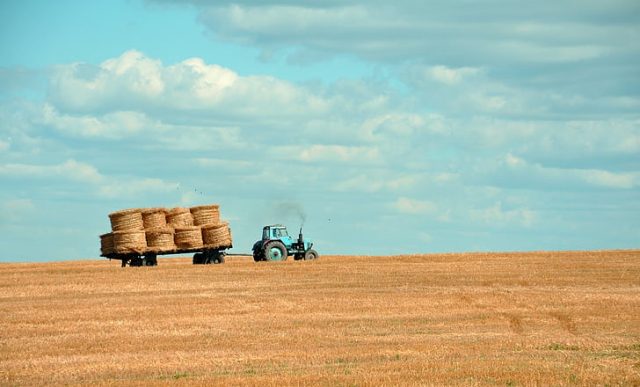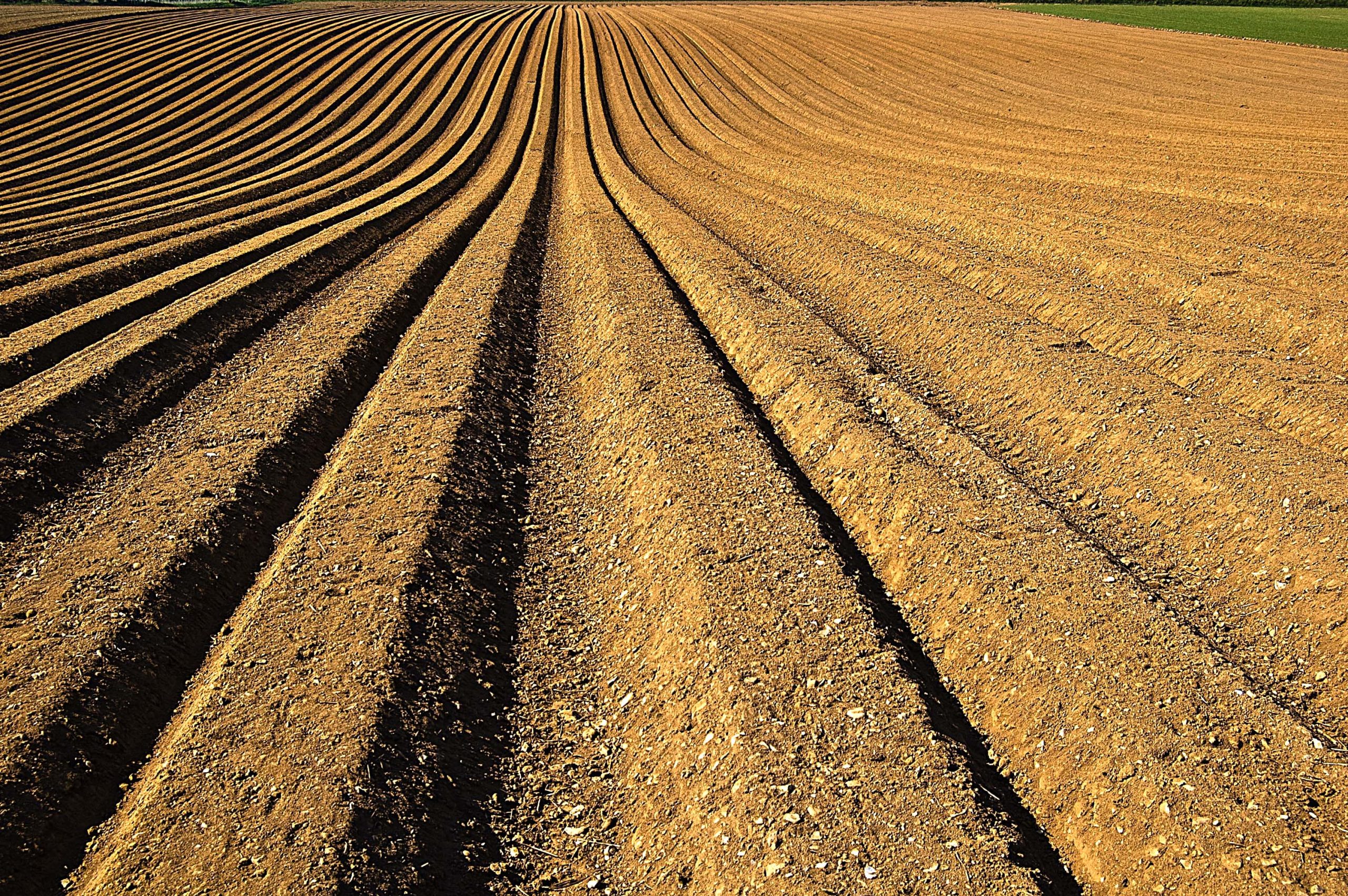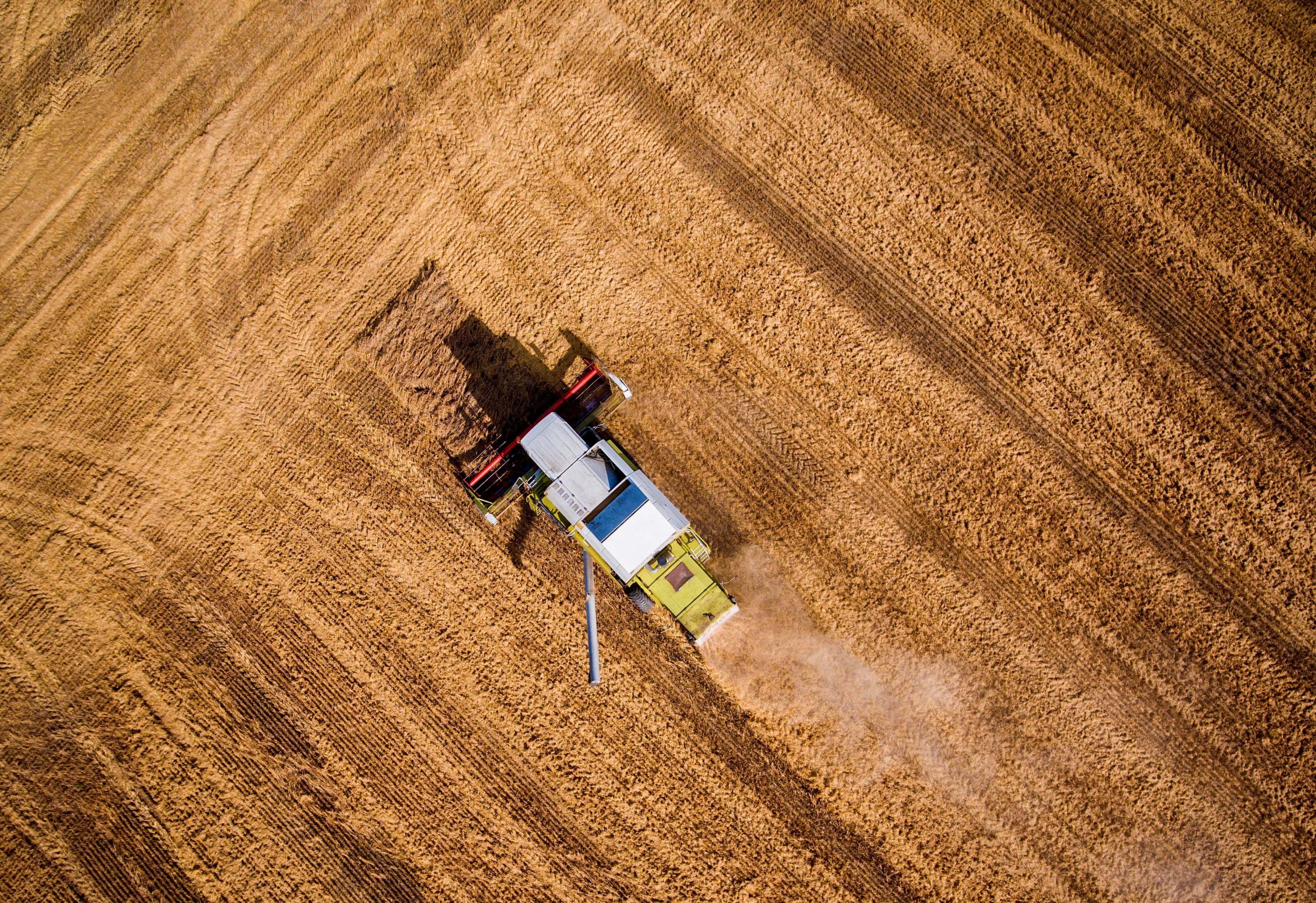
The results of a study commissioned by the ECR Party on the current situation of agribusiness companies in three EU Member States (Italy, France and Poland) have highlighted the opportunities and challenges currently facing the European agri-food industry. According to the survey, the three countries have traded goods worth a total of 162 billion euro on the European single market. However, although the value of traded agricultural goods seems to be reasonable, on the agenda of the G7 meeting in September 2023, the critical issues facing European farmers were discussed: climate change, food security and the sustainability of the agro-industrial sector. At the conclusion of last year’s G7 meeting, all participants recognized the urgent need for increased capital investment in new technologies to develop and create a sustainable and sustainable agricultural system. At a press conference to present the survey of more than 1500 agribusiness companies in the three countries, ECR Party representatives pledged to use the information provided by the survey to transform farmers’ concerns and support them through the implementation of actionable policies at European level.
The European Agro-Industrial Sector
It is well known that the agro-industrial sector is an essential component of the European Union economy, making a major contribution to ensuring food security, sustaining jobs and protecting the countryside. Seen from the perspective of globalization and rapid changes in the international economy, the EU agro-industry is facing multiple challenges on both the economic and political side. Price pressure (production costs are constantly rising, which is reflected in the value of the final product that ends up in EU citizens’ shopping baskets), the need to comply with strict EU quality and environmental standards, and fierce competition from both international and local markets are just some of the current challenges.

The report, commissioned by the ECR Party, analyzed the results of a survey of a representative sample of companies from Italy, France and Poland, countries with a significant tradition and size in the European agro-industrial sector. The study, aimed at identifying the major priorities and challenges for companies in the industry, was conducted between the 27th of September and the 11th of October, 2024 and was presented to the public at a press conference in Brussels at the end of October. The method of data collection included telephone interviews and computer-assisted questionnaires to ensure data representativeness at the level of geographical area and sub-sector (primary production and process industry). 500 to 520 companies were interviewed in each of the three countries covered, and the results are highly accurate with a margin of error of ±4.3% at a 95% confidence level.
What are the main challenges for European agribusiness companies?
The ECR study reveals a number of common challenges influencing the performance of agribusiness companies in Italy, France and Poland. When referring to raw material costs, more than 79% of the companies surveyed mentioned that they face high raw material costs as the main challenge for the agribusiness sector. Rising raw material prices, such as cereals, oils and fertilizers, are due to both global market fluctuations and supply problems exacerbated by geopolitical tensions, such as the effects of the conflict in Ukraine which has led to significant increases in fertilizer materials used in agriculture. These increased costs reduce producers’ profit margins and put constant pressure on the ability of the companies analyzed in the report to compete with products imported from outside the EU at lower prices. Another factor facing companies in the agricultural sector is the lack of skilled labor. The shortage of skilled labor affects all three countries, with around 54% of companies considering it a major problem. Although the agribusiness sector offers stable employment, attracting and retaining talent in this sector remains a challenge due to the perception that working in agriculture or agri-food processing is not as attractive as in other industries. Despite their economic importance, many companies in the agribusiness sector have difficulty accessing the credit needed to modernize and expand production capacity. Seen as a key problem, limited access to credit is more pronounced in Poland and Italy, where access to finance is hampered by economic instability and strict bank requirements.
Foreign Competitors and Complex Regulations
Foreign competitors (be they from EU countries or from the international market) exert considerable pressure on local companies, in particular because of lower priced imported products. In addition, companies are often subject to complex regulations that make their business more difficult and increase their operating costs, especially in France and Italy.
Evaluation of government and European policies
According to the survey, the assessment of government support varies between the three countries. In Italy, for example, about 63.5% of companies consider government policies to be effective. This is due to measures to support domestic production, including financial incentives for farmers and processing companies. France and Poland rated government policies more critically, perceiving them as less effective (with an approval rate of 41.2% and 50.4% respectively). The majority of companies surveyed by the ECR Party are unanimous in their opinion of the European policies imposed on farmers from Brussels. European policies are perceived as insufficient to protect local agri-food products. More than 60% of companies consider that they do not provide adequate support in the face of foreign competition. This perception highlights the need to implement European policies that are more oriented towards protecting traditional products and small producers.
Internal and external market competitiveness of Italian, French and Polish agribusinesses
The agro-industrial companies in the three countries surveyed self-assessed themselves as competitive in the context of the local market, but recognize the strong impact of foreign products, especially products from outside the European Union. Almost 90% of the companies in Italy, France and Poland agree that foreign products have a significant impact on their market. This intense competition is influenced by the lower prices of imported products and the different regulatory standards applicable to products from non-EU countries. We all know that agricultural products from outside the EU have a much lower cost of production than domestic producers and often the quality standards of these important non-EU products are not respected. In terms of adequate promotion of the national brand, Italy has the highest approval rate (47.6%) followed by Poland (44.0%) and France (35.7%). The national brand is considered essential for strengthening competitiveness and preserving the identity of local products.
Sustainability and Adaptation to Climate Change
In the context of climate change at both global and European level, most of the agro-industrial companies analyzed in the report have intensified their efforts to adopt sustainable practices. Thus, in all three countries, more than 88% of companies declare themselves sustainable. In addition, almost all (around 93%) consider long-term sustainability a priority. This reflects both environmental regulatory pressure and growing consumer interest in sustainable products. Over 90% of agro-industrial companies in the three countries are concerned about the impact of climate change on their activities. Problems such as droughts, floods and extreme weather events are affecting production and food security, forcing companies to find sustainable solutions to remain competitive in the market.
The impact of regulation and technological innovation in the European agricultural sector
The numerous and complex regulations imposed by European policies are cited by around 39% of companies as a major problem in agribusiness development. These regulations imposed from Brussels range from food safety rules to environmental standards. While these rules are essential to protect consumers and the environment, they also create additional costs for companies, which are forced to invest in new infrastructure and processes, which reduces companies’ profit yield. According to the survey, companies in Italy (75.2%) and Poland (72.7%) rated their innovation capacity more favourably than those in France (70.9%). Technological innovation plays an important role in increasing competitiveness and adapting to market changes, but it requires financial resources and access to modern technologies, which are still challenges for many of the companies surveyed. Therefore, in order to support the sustainable development of the agro-industrial sector and to improve long-term competitiveness at EU level, policy measures are needed at both national and European level.

As suggested by respondents to the ECR Party survey, the governments of Italy, France and Poland should step up measures to support agribusiness producers, including facilitating their access to funds for innovation and sustainability. At the European policy level, the EU should review policies to protect traditional products and ensure adequate support for small producers. Another extremely important aspect is the promotion of education and professional qualification among workers in the agro sector. The creation of qualification schemes to attract young people into the agro-industrial sector is also essential to tackle the EU-wide labour shortage. To reduce environmental impact and tackle climate challenges, companies should continue to invest in sustainable practices, including organic and circular farming. As a conclusion of the ECR Party survey, the agribusiness sector in Italy, France and Poland (the main EU-wide suppliers of agribusiness products) faces significant challenges, but also important opportunities for development. Despite problems related to high costs, lack of skilled labor and foreign competition, companies in the three countries are well positioned to embrace sustainability and innovation. It is essential that both governments and the European Union implement supportive policies to help companies strengthen their position and contribute to a resilient and sustainable agribusiness economy.



 Subscribe
Subscribe